The Warrior in “Cancer Trousers”
Author: Eva Roa White (Indiana University Kokomo)
Comments
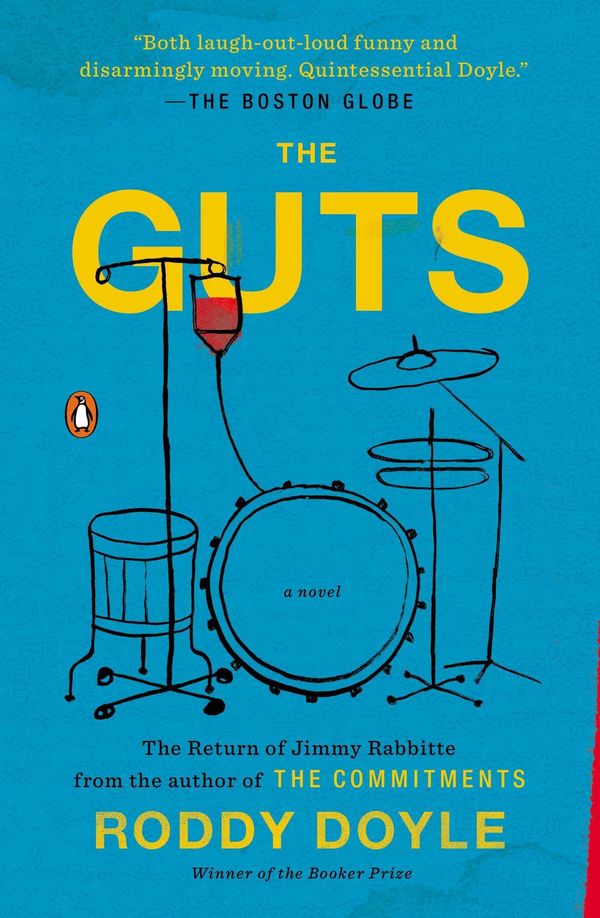
Roddy Doyle. The Guts. New York: Penguin Books, 2015, 336 pp.

Roddy Doyle. The Guts. New York: Penguin Books, 2015, 336 pp.
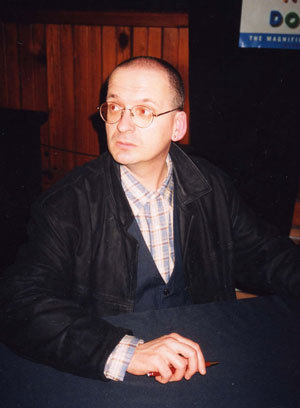
An interview with Roddy Doyle.
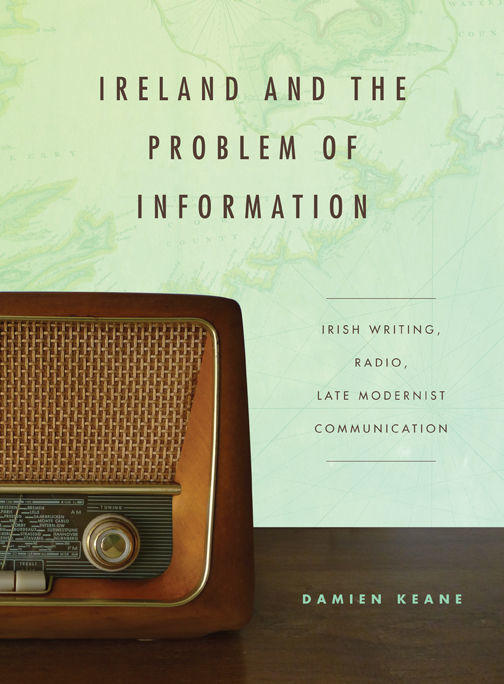
Damien Keane. Ireland and the Problem of Information: Irish Writing, Radio, Late Modernist Communication. University Park, PA: Pennsylvania State University Press, 2014, x + 195 pp.
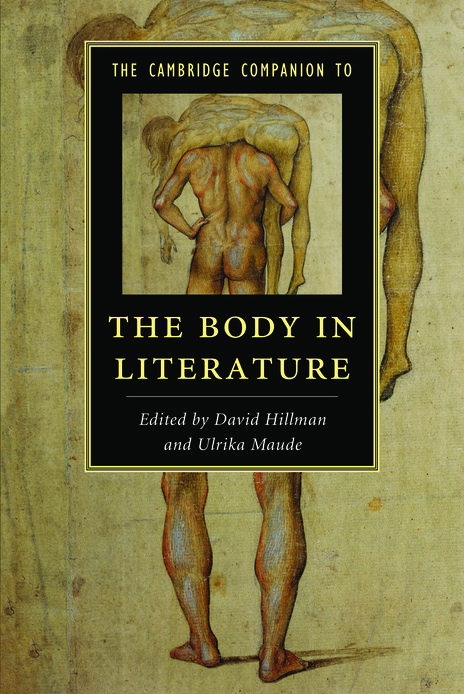
The Cambridge Companion to the Body in Literature. Edited by David Hillman and Ulrika Maude. New York: Cambridge University Press, 2015, xiii + 271 pp.
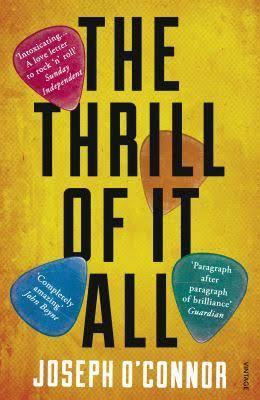
Joseph O’Connor. The Thrill of It All. London: Vintage, 2015, 401 pp.
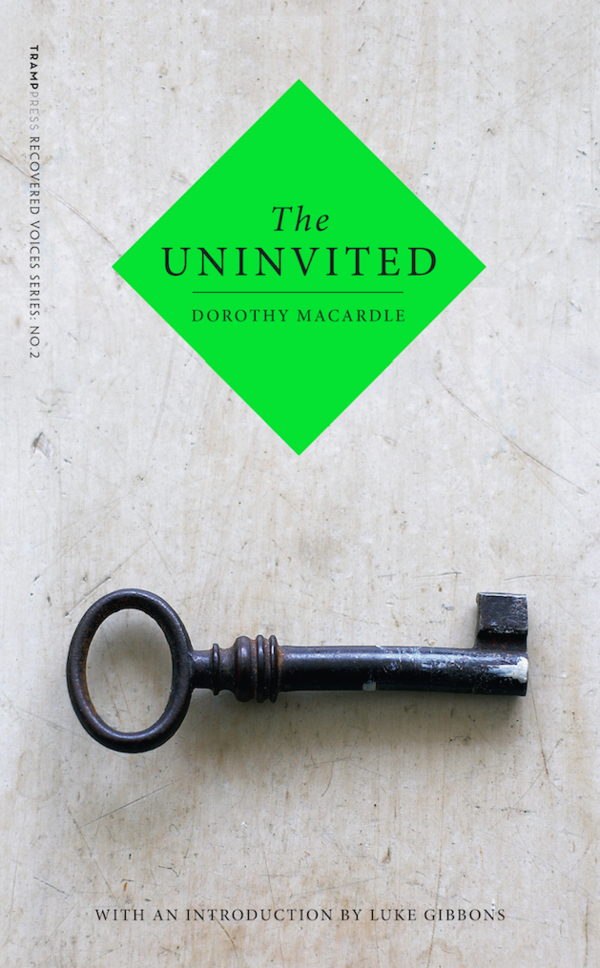
Dorothy Macardle. The Uninvited. Dublin: Tramp Press, 2015, xiv + 315 pp.
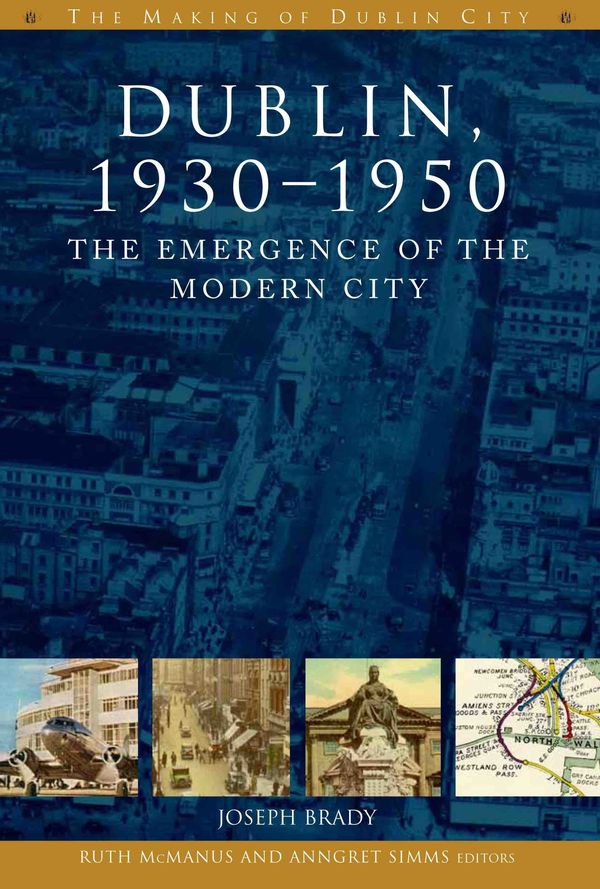
James Brady. Dublin, 1930-1950: The Emergence of the Modern City. Four Courts Press, Dublin: 2014, 496 pp.
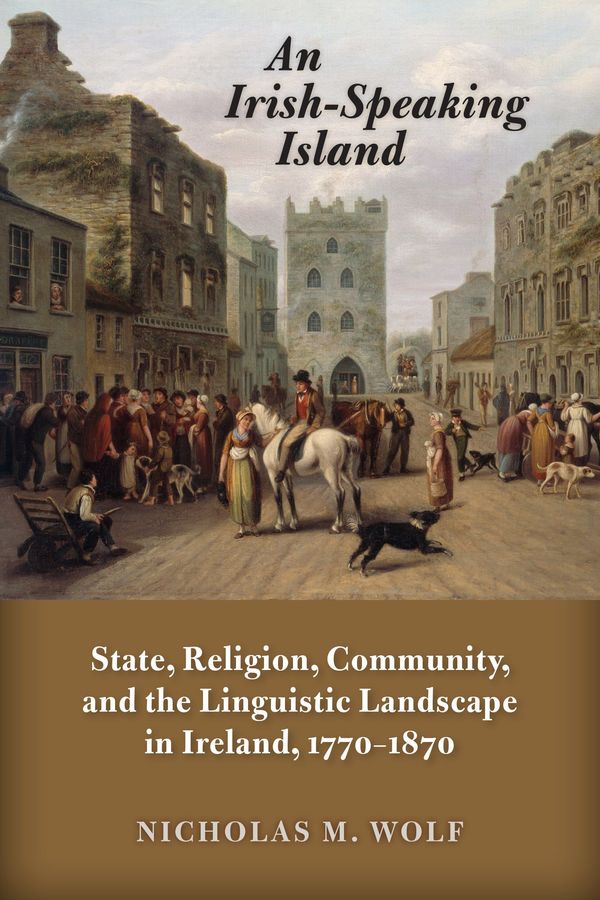
Nicholas M. Wolf. An Irish-speaking Island: State, Religion, Community and the Linguistic Landscape in Ireland, 1770-1870. University of Wisconsin Press: Madison, 2014, xiii + 448 pp.
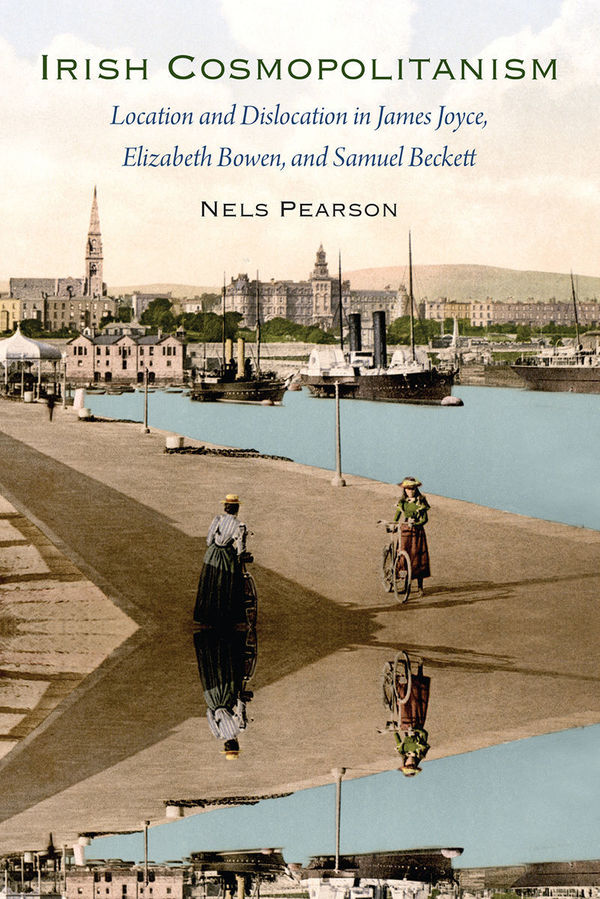
Nels Pearson. Irish Cosmopolitanism: Location and Dislocation in James Joyce, Elizabeth Bowen, and Samuel Beckett. Gainesville: University Press of Florida, 2015, 179 pp.
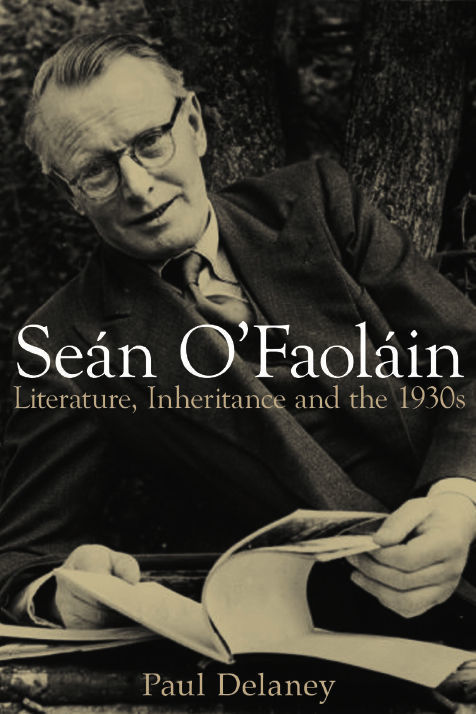
Paul Delaney. Seán O’Faoláin: Literature, Inheritance and the 1930s. Sallins: Irish Academic Press, 2014, 280 pp.
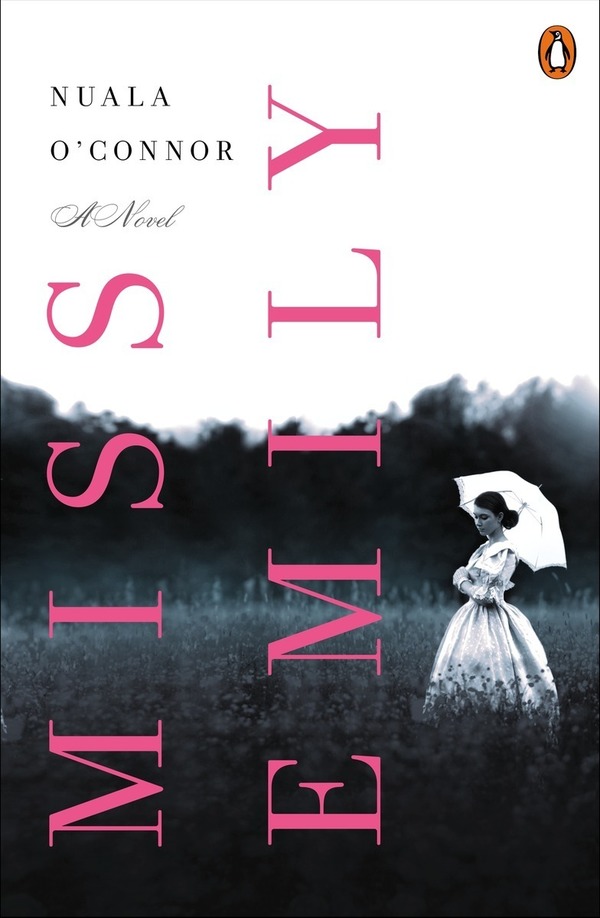
Nuala O’Connor. Miss Emily. New York: Penguin, 2015, 256 pp.
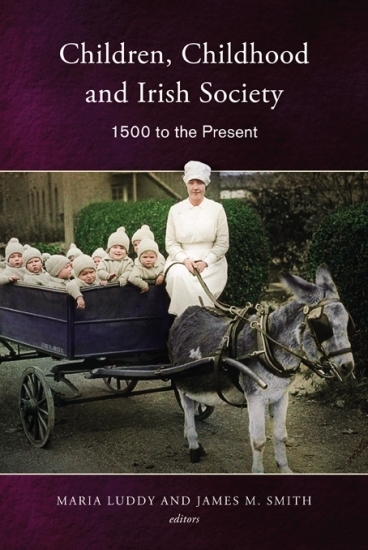
Children, Childhood and Irish Society: 1500 to the Present. Edited by Maria Luddy and James M. Smith. Dublin: Four Courts Press, 2014, 441 pp.
![]()
A review of ACIS 2016.
![]()
A review of ACIS 2016.
![]()
A review of ACIS 2016.
![]()
A review of ACIS 2016.
![]()
A review of ACIS 2016.
![]()
A review of ACIS 2016.
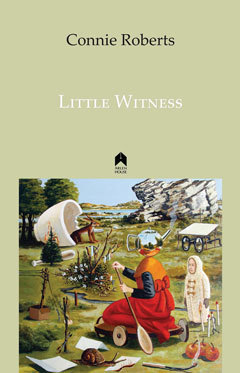
Connie Roberts. Little Witness. Baldoyle: Arlen House, 2015, 96 pp.
Issue Contents:
Casement: Crusader and Cultural Commentator
1. Catherine Thewissen and Pierre Luc-Plasman – The Three Lives of the Casement Report: Its Impact on Official Reactions and Popular Opinion…
Abstract
In 1903 British consul Roger Casement writes his report—known as the Casement Report—that exposed the brutal treatment of the indigenous population in the Congo Free State (1885-1908). The report publicly denounced the atrocious systems of the rubber terror which forced…
The parliamentary party should drop forever from the vocabulary of nationality the names of Wolfe Tone, the men of 98, Robert Emmet and the men of 48 and the fenians—not to speak of Red Hugh etc etc—the great British democracy does not understand the allusions in any case. They should…
The Language that to-day no Irishman may employ in any public service without fine, or penalty, or loss of some kind, shall, in God’s good time, become again—“as sacred as the Hebrew, as learned as the Greek, as fluent as the Latin, as courteous as the Spanish, as court-like as the French.”—Roger…
Introduction
Roger Casement remains one of the key figures of the 1916 Easter Rising despite being marginalized from its planning and absent during the fighting. Casement’s intended contribution of arms and ammunition never reached Ireland. The Irish Brigade he recruited from…
For the average American trying to keep up with world affairs in 1916, Roger Casement was the most prominent and intriguing figure involved in the Easter Rising. Indeed, reports of his capture—the first accounts appeared Tuesday, April 25th, one day after the Rising began, with The Los Angeles…
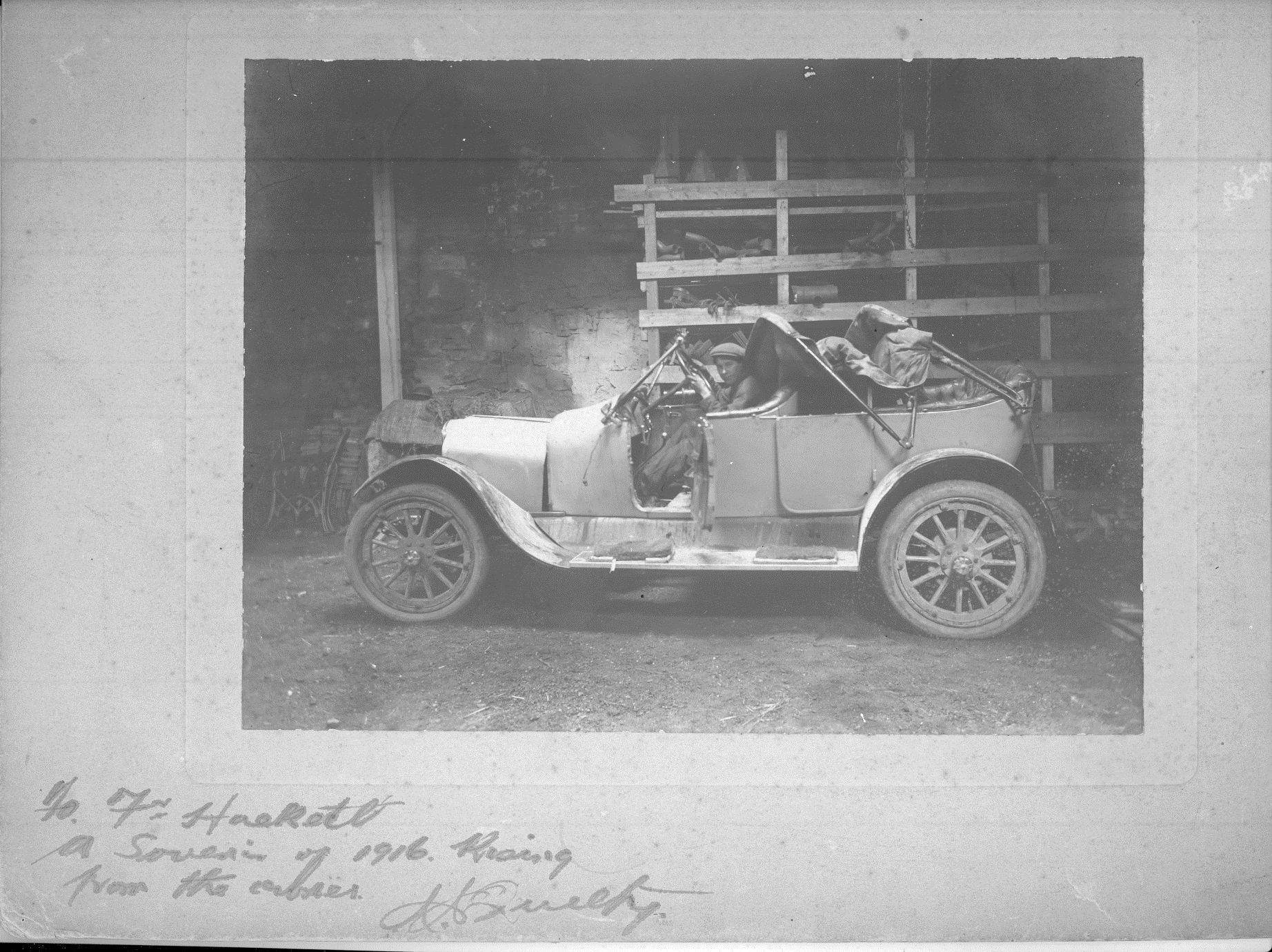 …
…
Abstract
The radio play Cries from Casement as his Bones are Brought to Dublin (1974), by David Rudkin, an English playwright of Irish parentage, draws together polemical subjects such as homosexuality and British imperial policy in Ireland. This…
The epigraph before the beginning of Mario Vargas Llosa’s biographical novel The Dream of the Celt has the effect of an implacable judgment:
Each one of us is, successfully, not one but many. And these successive personalities that emerge…
I
In a 1997 essay on the “posthumous” life of Roger Casement, Lucy McDiarmid suggests that “Nothing about Casement has ever been stable, definitive, determinate, ‘official,’ except the fact that he was hanged. Posthumous Casement, like living Casement, has endured in a blur…
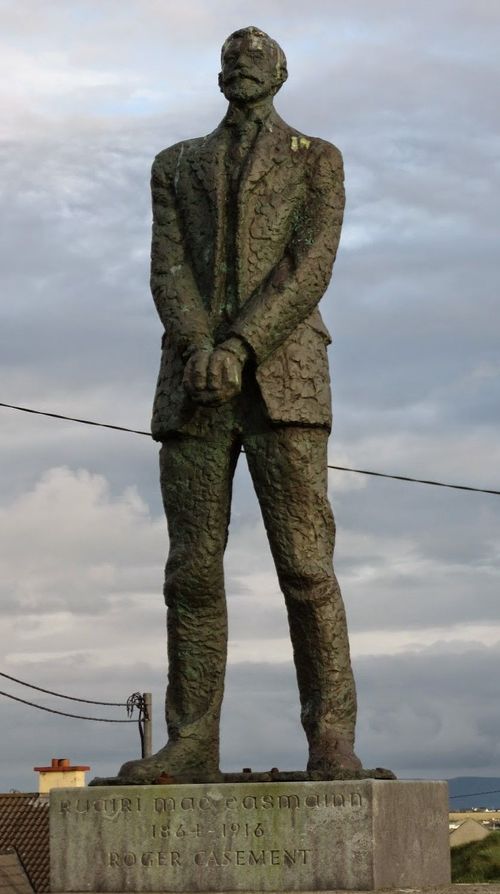
Oisín Kelly’s statue commemorating the life of Sir Roger Casement has stood…